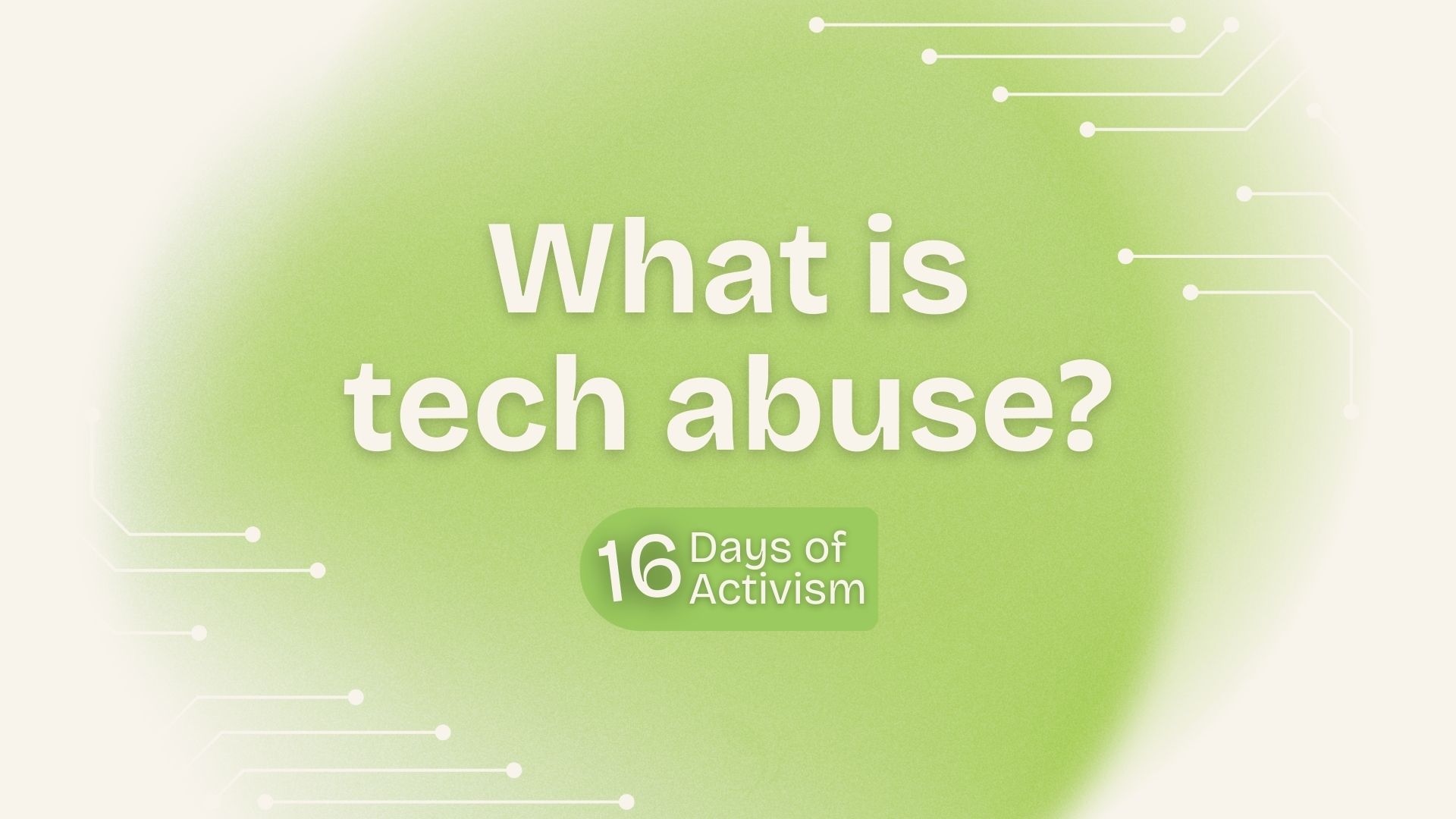Bystander to Domestic Abuse

Are you a bystander to domestic abuse, helping a family member or friend, you may ask yourself, how can I help? ... I hope you find this helpful.
It can be a worrying time when someone you know or care about is experiencing domestic abuse. Remember your help and support can make a great difference to some who is currently experience domestic abuse.
For me, my top five responses are:
- Believe
- Listen
- Respond
- Help
- Look after yourself
Let's look at that now in some more detail...
Believe
If someone tells you about their experience of being abused, believe them. Don’t ask for proof. Do not judge or criticise them or make them feel the abuse is their fault.
You may feel worried, sick or angry for them. You may feel shocked or surprised. It may be hard for you to believe someone you know so well experiencing abuse.
So, respond calmly. Thank them for trusting you. Let them know you believe them and you know it is not their fault.
Try and understand what a big step this might be for them. Knowing they have someone that believes, someone they trust can be comforting.
Listen
Before you offer any advice or make any practical suggestions, you must make time to listen.
Listening will help you understand the situation. Asking questions and letting them describe the difficulties they are facing may help with them finding their own solutions.
You may feel upset or angry at the things you are hearing, but let them give you as much information as possible, try to take the conversation slowly and at a pace that is comfortable to them. If it becomes to much or they become overwhelmed offer another time to meet, this will help them to know they have your support.
Listening tips
- Ask open questions which cannot be answered by yes or no.
- Don’t interrupt them and let them finish what they are saying.
- Be accepting of silencing, don’t try and fill them in the gaps.
- Reflect back what they have told you about how they are feeling.
Respond
You may have you own ideas what your family member or friend should do next. You may want to take actions to protect them and keep them safe. You may want to tell other friends or family, or even contact the perpetrator who has been carrying out the abuse.
Some family or friends with loved ones in an abusive situation feel that they should leave and this is the only option, but this may not be the right option for now.
- Reasons could include
- No access to money – no entitlement to benefits
- Not wanting to leave due to their children or pets
- Social care may become involved.
- Threats to further abuse
- They may not be ready
Specialist Help
If you have any worries or concerns for a family member or friend, Next Chapter are the specialist organisation for North Essex and are always happy to offer advice, support and guidance.
We are made up of lots of different services
Duty Team – First contact for all referrals
Refuge Accommodation for Families
Recovery Refuge Accommodation
IDVA Services
Community Outreach Support
Housing Domestic Abuse Practitioners
For further details on all our services - www.thenextchapter.org.uk
Looking after you
Supporting someone in an abusive relationship can be hard, stressful and worrying. So, it is important you take care of you.
It is sometimes hard to know what is the best thing to do and at times you may feel you can’t do as much as you would like. You may be worried you’re putting yourself and other family members at risk if you become involved. – these feelings are all normal.
Sometimes by just being there listening and offering practical help, you are likely making things a lot better for you family member or friends.
If you feel things are getting to much:
- Make sure you make time for you
- Try to ensure you get time to rest and sleep
- Spend time with family and friends can help stress. Tell people how you are feeling but not sharing private information about the person you are offering support too.
- If things become to much and you don’t think you can carry on supporting your family member or friend, speak to them, see if there is someone else they would feel comfortable sharing their situation with so you are not taking all of the responsibility.
I hope this will help your confidence in supporting a family member or friend if they disclose domestic abuse.
Share Your Story With Us
Have we worked with or alongside you? Be among other survivors who have shared their valued and powerful stories
.png)



.png)